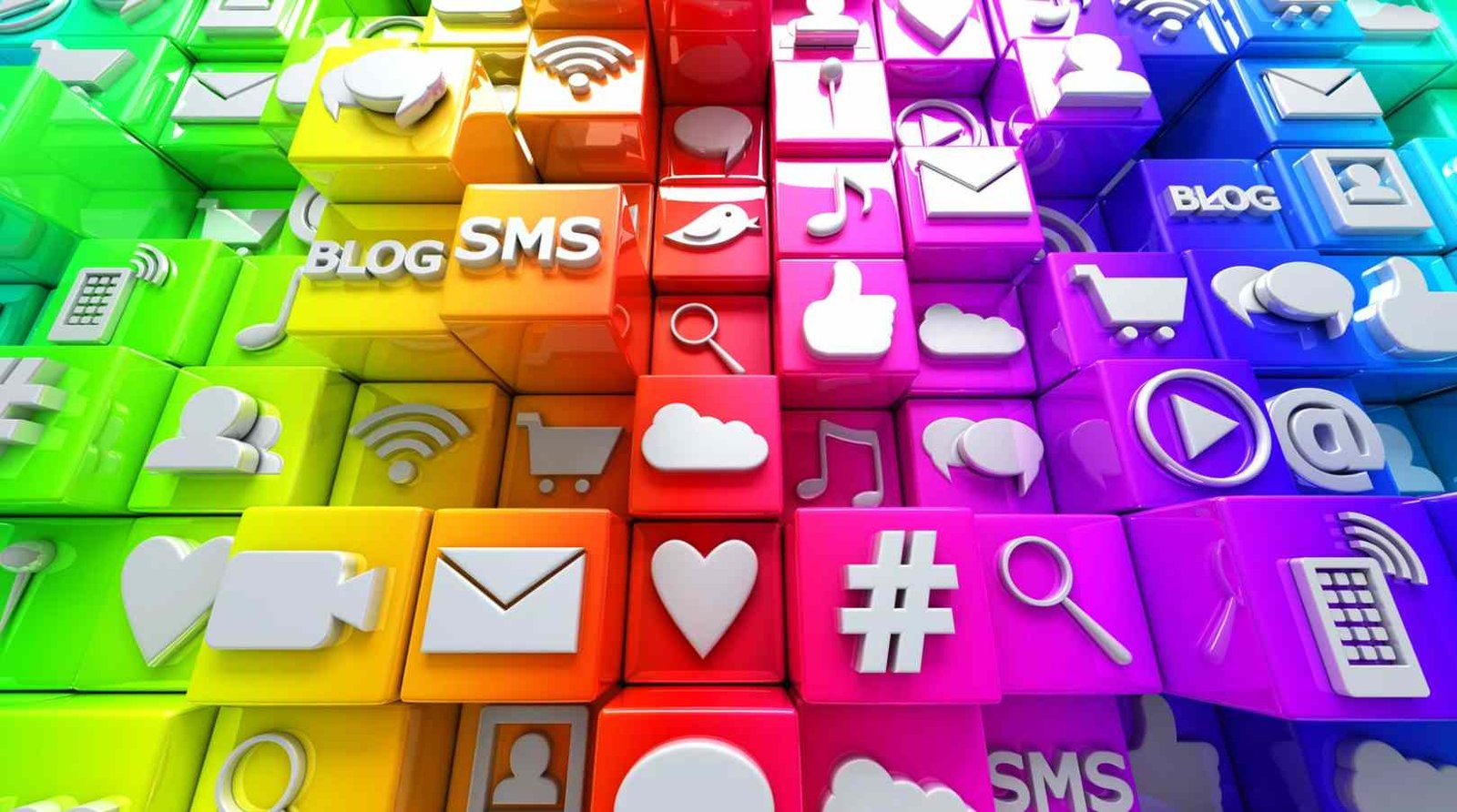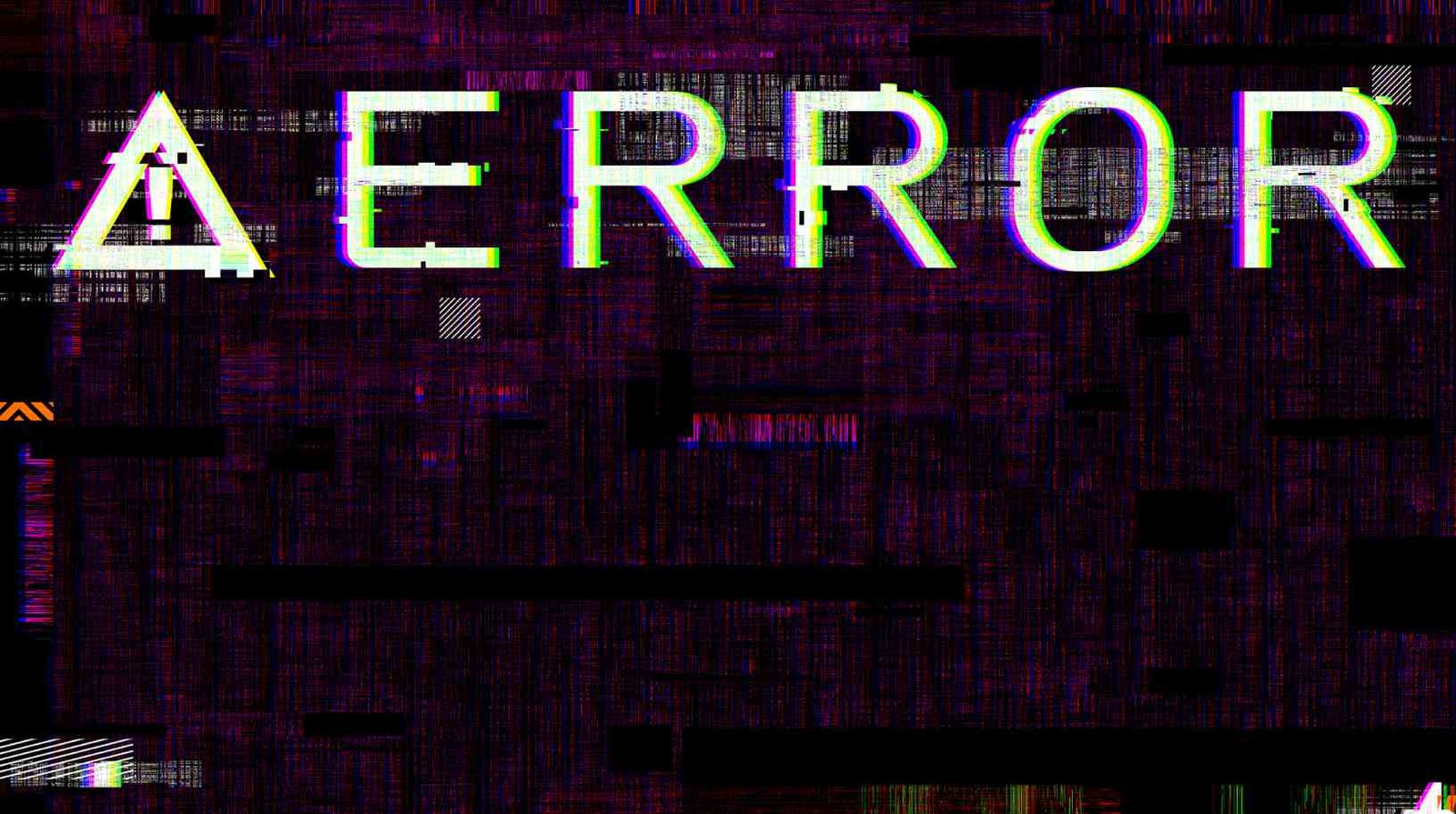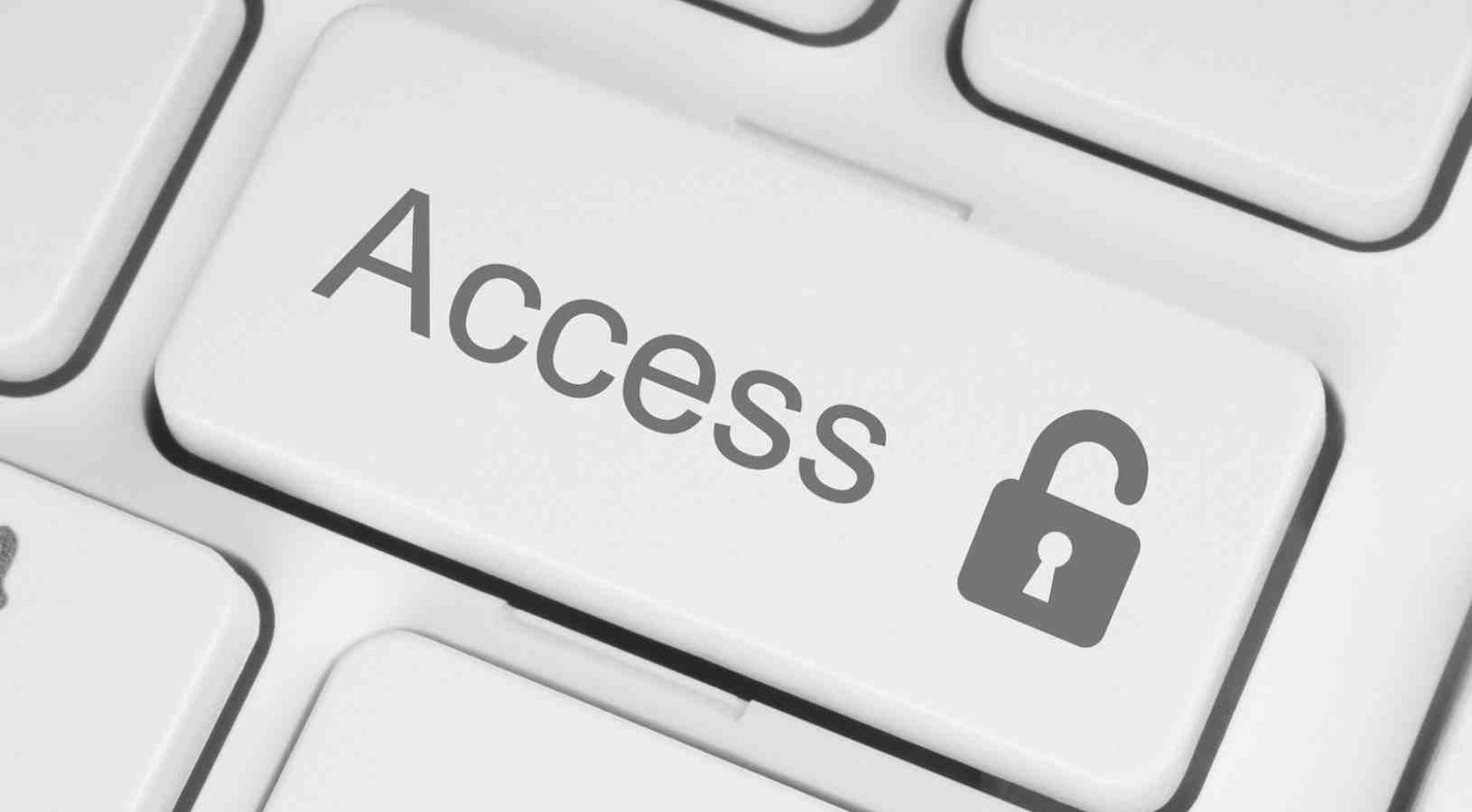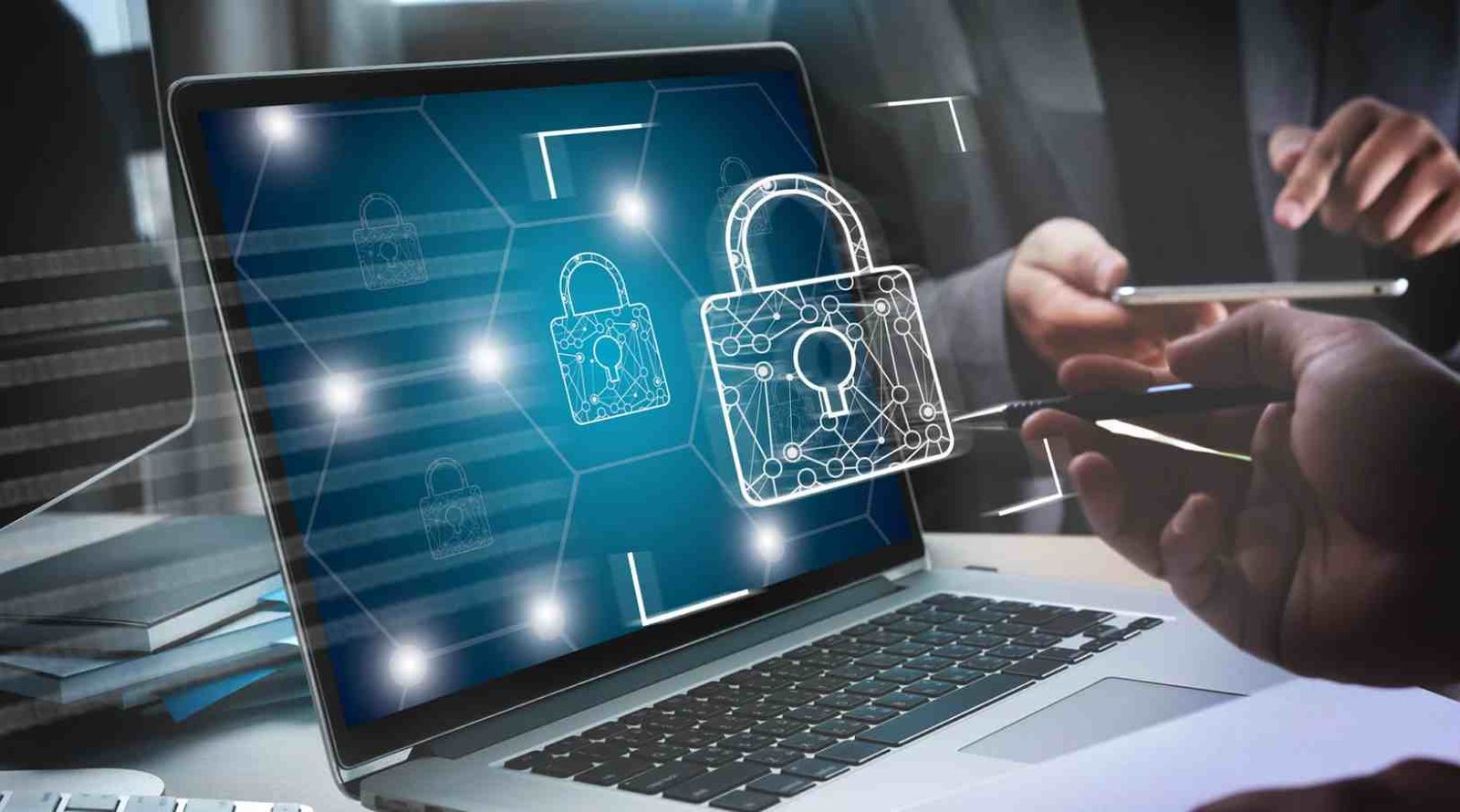- Technology, while facilitating communication, can also create barriers such as over-dependence on digital platforms and distractions from notifications.
- Misinterpretation in text-based communication and lack of non-verbal cues can lead to misunderstandings and fragmentation of attention.
- Technological glitches, inequalities in access, and privacy concerns further impede effective communication, necessitating strategies like promoting face-to-face interaction and clarifying digital messages.
Communication is how we connect and share information with others. It involves expressing thoughts, ideas, and feelings through different means like speaking, writing, and gestures.
As we all know technology plays a big and significant role in how we communicate. We use smartphones, social media, and messaging apps to stay in touch with friends and family, share updates, and collaborate on projects.
On the other hand, technology has made communication easier in many ways, it can also create barriers that make it harder for us to understand each other.
Although technology has revolutionized communication, it can sometimes hinder effective communication due to various reasons.
From misunderstandings caused by text messages to distractions from notifications, technology can get in the way of clear and meaningful communication.
It’s important to recognize these barriers and find ways to overcome them so that we can connect with others meaningfully.
Overdependence on Digital Communication Platforms
If you observe, we’re all hooked on our phones and computers, chatting away on messaging apps and scrolling endlessly through social media feeds.
It’s like we can’t go a minute without checking our notifications. But all this digital chatter comes at a cost.

There are so many messaging apps and social media platforms out there, that it’s hard to keep track! From WhatsApp to Instagram to Snapchat, it’s like a never-ending cycle of pings and notifications. With so many options, it’s easy to get lost in the chaos.
But it’s not just about the apps. Because we’re spending so much time with our screens, we’re missing out on good old-fashioned face-to-face interaction.
Body language and facial expressions are the most important factors to consider. When we’re chatting online, we lose out on all those important non-verbal cues that help us understand each other better. It’s like trying to have a conversation with half the information missing!
While technology has made communication easier in some ways, it’s also made us way too reliant on our devices. Maybe it’s time to put down the phone and have a real conversation for a change.
Also Read: How Can Smartphones Help Students- 7 Benefits
Misinterpretation and Miscommunication
One big reason for this is the ambiguity in text-based communication. When we’re typing out our thoughts, it’s easy for our words to be misunderstood because text lacks the emotions and expressions we use when talking face-to-face.

Another problem is the lack of tone and context. You know how when you’re talking to someone, you can tell by their tone if they’re happy, sad, or joking? But, in texts, it’s hard to pick up on those cues. This all leads to potential misunderstandings.
Imagine you’re texting a friend and they reply with a short “k.” You might wonder if they’re mad or just busy. Without more context, it’s tough to know for sure. These misunderstandings can strain relationships and cause unnecessary conflicts.
To avoid these issues, it’s important to be clear in your messages and to ask for clarification when needed.
Using emojis or adding more details can help convey your tone and intentions better. And always remember, if you’re unsure about something, it’s okay to ask!
Distractions and Attention Fragmentation
Staying focused on just one thing can feel like a real challenge. We’re all caught up in this multitasking craze where we try to do several things at once.
Then there’s the constant lot of notifications. Our phones buzz and beep with every message, email, or social media update. With so much going on, it’s no wonder our attention spans are getting shorter.

Our brains are getting used to this fast-paced, always-connected lifestyle, and it’s affecting how we communicate. We find it harder to concentrate on conversations or fully engage with the people around us.
Instead, we’re constantly checking our phones or thinking about what else we need to do. It’s like we’re here physically, but mentally, we’re off in some digital world.
To overcome these distractions and fragmentation of attention, we need to learn to slow down and focus on one thing at a time.
Turning off notifications, setting aside dedicated communication time, and practicing mindfulness can all help us reclaim our attention and improve our communication skills.
Also Read: GEMINI: Apple And Google Explore AI Integration For Future IPhones
Technological Glitches and Failures
Technological glitches and failures can really mess up our communication. Think about when your Wi-Fi suddenly drops, and you can’t send a message or make a call. That’s a connectivity issue. It’s like being cut off from the world for a moment.

Then there are system crashes and downtime. You might be in the middle of an important video call, and suddenly, everything freezes, or your app just shuts down.
These glitches don’t just annoy us but also they can mess up the flow of communication. Imagine you’re chatting with a friend, and your messages keep getting delayed or lost.
It makes it hard to keep the conversation going smoothly. It’s like having a broken phone line during a talk with a friend.
Inequality and Access Issues
Not everyone has the same access to technology. This creates what we call the “digital divide.”
Imagine it like this: Some people have super-fast internet and fancy smartphones, while others might not even have a computer or reliable internet connection. This gap between the “haves” and the “have-nots” makes it harder for everyone to communicate equally.
Then there’s the language and cultural stuff. Think about how some older folks might not be as familiar with texting or social media because they didn’t grow up with it. Or maybe English isn’t someone’s first language, so they struggle to use technology in the same way as others.

These differences can create barriers to communication, making it tough for everyone to understand each other.
Finally, certain groups might feel left out of the conversation altogether. It could be because of their race, gender, income level, or even where they live.
If they don’t have the same access to technology or if they feel like they don’t belong in certain online spaces, they might not be able to join in on important conversations or connect with others like they want to.
This exclusion makes it even harder for everyone to communicate effectively and understand each other’s perspectives.
Also Read: Exciting Features In IOS 17.4: What’s New For IPhone Users
Privacy and Security Concerns
We fear that someone might be watching or trying to hack into our conversations. This fear of surveillance and hacking makes us hesitant to share personal or sensitive information, like our passwords or private thoughts.
When we’re scared that our messages might be intercepted or our accounts hacked, it affects how much we trust the platforms we use.

We might not feel comfortable sharing our true feelings or discussing important matters if we think they could be compromised.
This fear also impacts the confidentiality of our conversations. We’re less likely to confide in others or seek help if we’re worried about our privacy being violated. It’s like having a lock on our diary but feeling unsure if someone has found the key.
To overcome these concerns, it’s essential to use secure communication channels and be cautious about what information we share online. By being mindful of our privacy and security, we can build trust and ensure that our conversations remain confidential.
Strategies to Overcome Technological Barriers
Overcoming the barriers that technology poses to communication is vital for effective interaction. Here are some simple strategies to tackle these challenges:
- Promoting Face-to-Face Communication: Instead of relying solely on texts or emails, try to meet people in person whenever possible. Face-to-face conversations allow for better understanding as you can see each other’s expressions and body language.
- Clarifying Intent and Context in Digital Messages: When sending messages online, be clear about what you mean and provide context if needed. Avoid using ambiguous language that could be misunderstood. Ask for clarification if you’re unsure about someone else’s message.
- Establishing Clear Communication Protocols: In group settings, establish clear guidelines for communication. Determine how messages will be shared, who should be included, and what platforms will be used. This helps avoid confusion and ensures everyone is on the same page.
- Improving Technological Literacy and Accessibility: Take the time to learn more about the technology you use for communication. Understand how to use different apps and devices effectively. Also, consider accessibility issues and make sure everyone can participate in communication regardless of their tech skills or disabilities.
By implementing these strategies, we can navigate the challenges technology presents and communicate more effectively with one another.
